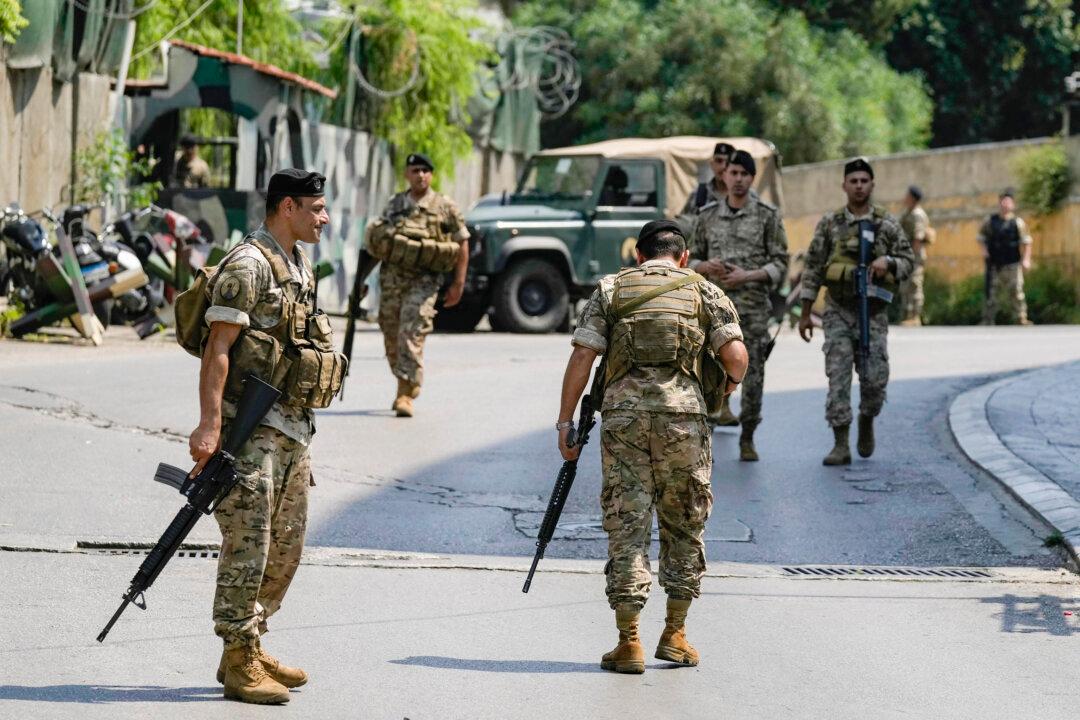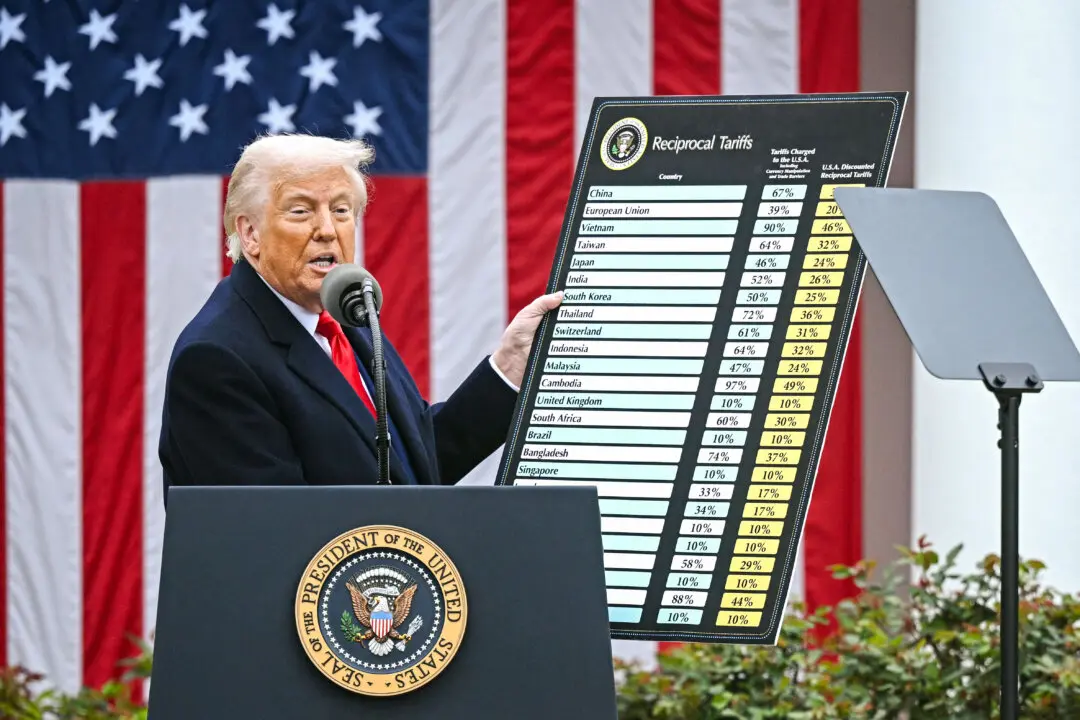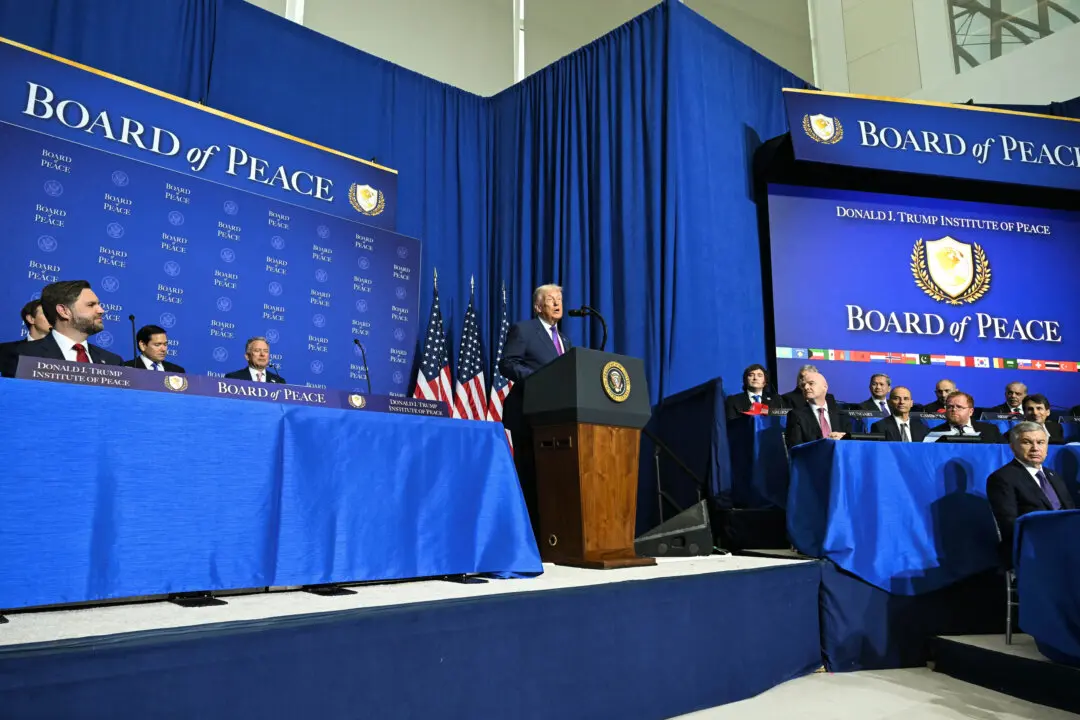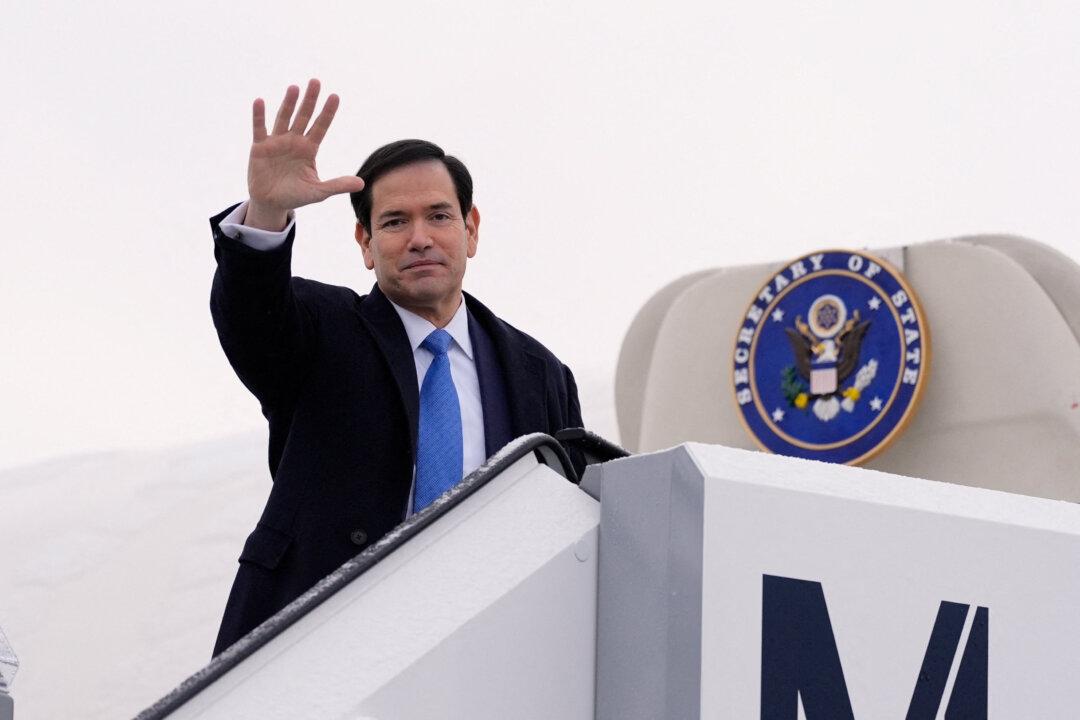ERBIL, Iraq—Western cars were banned in Iraq under Saddam Hussein. The country was flooded with VW Passats that were shipped from Brazil between 1983 and 1990 in exchange for oil. Even now, cars up to 30 years old, including these Passats can still be seen on the roads, and car ownership is tiny at only 1 in 20.
But with security settling down in recent years, increasing interest in cars has led the automotive industry to invest heavily to capture market share.
“This market has been deprived of cars for so many years. The number of cars relative to population size is still very low,” said Nihad Zacharia, managing director of NIM Trading, the major distributor of Kia in Iraq, citing the low penetration levels as a big opportunity for automakers.
Iraq has a population of over 30 million and vehicles per capita is estimated around 5 percent, lower than neighboring countries Iran and Turkey, which have 15 percent penetration.
Even after the fall of Saddam Hussein in 2003, security and poverty stayed as major hurdles for growth of the automotive sector. However in recent years the streets have become safer. Improvement in safety and wealth are seen as important drivers for growth in car sales.
“Over the next 4–5 years we expect growth in automotive sales to be tremendous. Security is not an issue in Iraq,” said a representative of Volkswagen and Audi.
There is no reliable source for the number of cars sold in 2012. However according to estimates the number could be between 200,000 and 250,000. “We know that roughly 145,000 cars entered through Northern Iraq border and 100,000 through other borders. These include both new and used cars,” said one distributor.
The huge growth potential of the Iraqi market has triggered intense competition among major brands to capture market share. Brands such as Toyota, Hyundai, Kia, GM, and Nissan have started to invest heavily in marketing to tap the rising demand.
Sumitomo has been active in Iraq since 1960s with the sale of Toyota SUVs. The company has successfully met the rising demand for pickup trucks and taxis in the northern part of the country.
According to the information provided on Sumitomo’s website Iraq is expected to grow into a large market, equivalent to Saudi Arabia, where 200,000 Toyota cars are sold every year. Sumitomo pledges it will place greater emphasis on car sales in Iraq than ever before, aiming to sell 100,000 cars a year in the future.
Kia sold 50,000 units in Iraq last year and has a quite sizable marketing budget according to Zacharia. “In addition to direct ads, we participate in auto fairs, invest in sponsorships and social responsibility projects. We have sponsored sports teams in Iraq and launched road safety programs at schools together with Ministry of Education to increase traffic awareness and make the public trust the authorities, which is key to building modern society.”
Chinese brands such as Geely and Cherry are also very popular in Iraq. According to IHS Global Insight Chery’s cumulative exports to Iraq were 30,000 in 2012.
Despite improvement in wealth and security there are still some hurdles to overcome. In Iraq all vehicles are bought with cash, and car insurance is not possible. However, improvement in banking and insurance systems should help boost car sales in the future.
A shortage of manpower in service centers is another issue. To overcome this problem, a vocational school project has been started by leading brands including Kia, GMC, Chevrolet, Cadillac, and MAN. With the support of the Ministry of Education, The Polytechnic University of Erbil and GIZ (The German Agency for International Development) Iraqis are given vocational training and employment opportunities in automotive sales, service, and parts departments.
Improvements in road infrastructure will also be key for future growth of the automotive sector in Iraq. “Roads are not sufficient. We see traffic jams in many cities with rising migration. And there is no public transportation.” said Zacharia.





